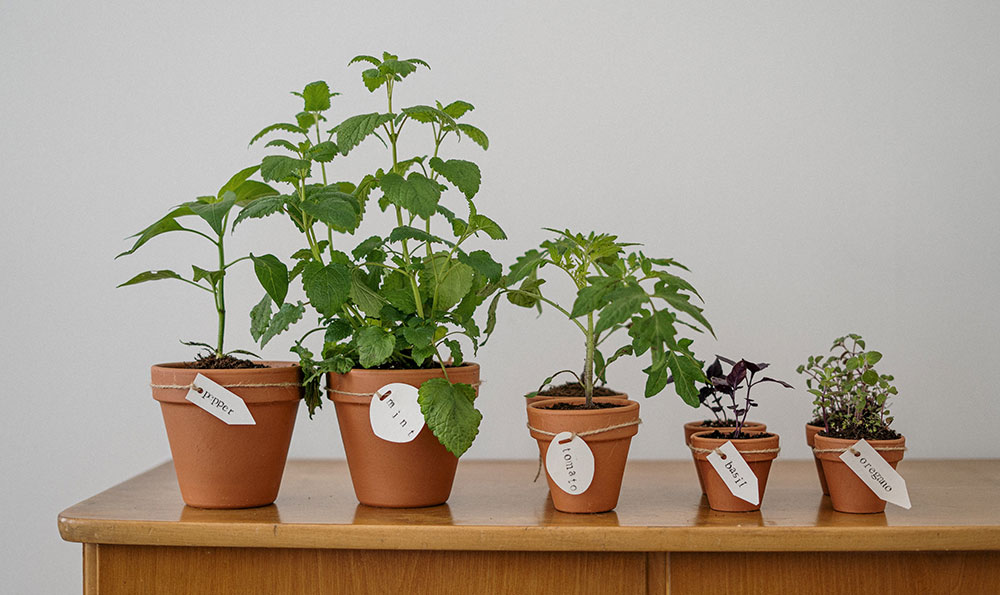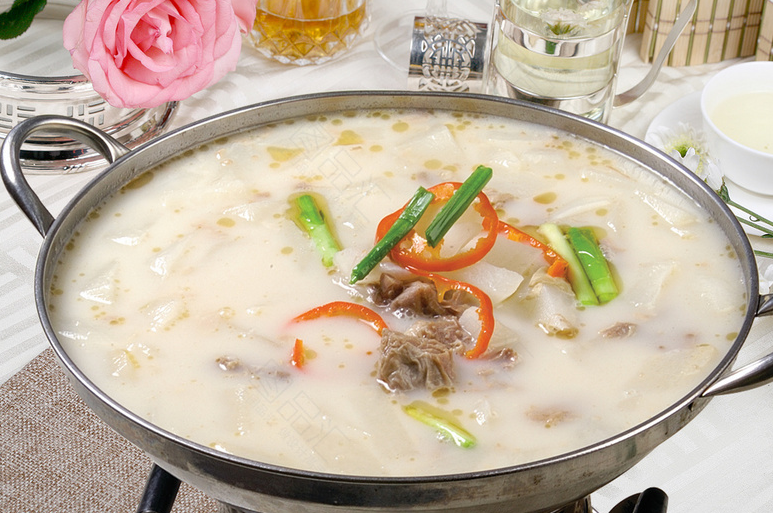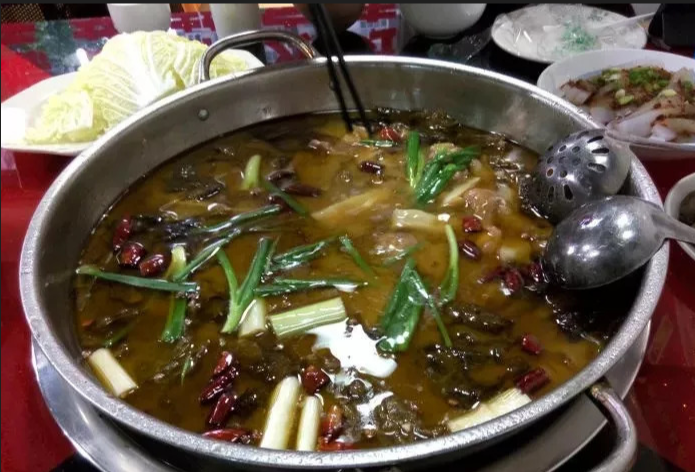他愛吃番茄火鍋英語翻譯
導讀:Translation of \"He loves to eat tomato hot pot\" into EnglishIntroduction:The translation of \"他愛吃番茄火鍋\" into English as \"He loves to eat tomato hot pot\" requires a professional and objective approach in order to accurately convey the mea
Translation of \"He loves to eat tomato hot pot\" into English
Introduction:
The translation of \"他愛吃番茄火鍋\" into English as \"He loves to eat tomato hot pot\" requires a professional and objective approach in order to accurately convey the meaning and nuances of the original phrase. In this article, we will delve into the different aspects of this translation and explore its definitions, classifications, examples, and comparisons.
Body:
Definition:
The translation \"He loves to eat tomato hot pot\" accurately captures the main idea of the original phrase. The verb \"loves\" conveys a strong affection or preference, while \"tomato hot pot\" refers to a popular Chinese dish that features tomatoes as a key ingredient. The translation effectively conveys the subject\'s fondness for this particular dish.
Classification:
Within the realm of food translation, \"He loves to eat tomato hot pot\" falls under the category of capturing personal food preferences. This type of translation aims to accurately represent an individual\'s specific taste and enjoyment for a particular dish. This contrasts with more general translations that focus on providing a broader understanding of a dish\'s ingredients and preparation methods.
Examples:
To further illustrate the translation of \"He loves to eat tomato hot pot,\" let\'s consider a few examples:
1. \"He always orders tomato hot pot whenever we go to a Chinese restaurant.\"
2. \"Despite living in a different country, he still craves tomato hot pot and tries to recreate it at home.\"
3. \"His love for tomato hot pot is evident in the way he meticulously selects the freshest ingredients and seasonings for his homemade version.\"
Comparisons:
When comparing the translation \"He loves to eat tomato hot pot\" with other possible translations, it is clear that this choice accurately captures the original meaning and conveys the subject\'s preference for this dish. Alternative translations, such as \"He enjoys tomato hot pot\" or \"He has a passion for tomato hot pot,\" may convey a similar sentiment but lack the specificity and emphasis of the word \"love.\"
Conclusion:
In conclusion, the translation of \"他愛吃番茄火鍋\" into English as \"He loves to eat tomato hot pot\" effectively conveys the subject\'s strong preference and enjoyment for this particular dish. Through the use of definitions, classifications, examples, and comparisons, we have explored the different aspects of this translation. It is crucial to approach food translations with a clear and objective mindset to accurately convey the nuances and essence of the original phrase.
作為一個四川人我很愛吃火鍋英語翻譯
As a Sichuan native, I have a deep love for hotpot.

Introduction:
Hotpot, also known as huǒ guō (火鍋) in Chinese, is a traditional dish that originated in Sichuan Province. It has gained immense popularity not only in China but also around the world. In this industry article, we will explore the reasons behind the widespread love for hotpot among Sichuan people, highlighting its cultural significance, flavor profile, and economic impact.
I. Cultural Significance:
Hotpot holds a special place in Sichuan culture, serving as a metaphor for the region's vibrant and fiery spirit. Its communal nature encourages social interaction, fostering strong bonds among family and friends. Hotpot gatherings often signify joyous occasions such as reunions, birthdays, and holidays, making it an integral part of Sichuan people's lives.
II. Flavor Profile:
One of the main reasons for the popularity of hotpot is its unique and tantalizing flavor profile. Sichuan hotpot is renowned for its hot and spicy taste, thanks to the generous use of Sichuan peppercorns, chili peppers, and other flavorful spices. The numbing sensation from the peppercorns and the lingering spiciness create a thrilling and addictive experience, making hotpot a favorite culinary choice for those seeking an adventurous palate.
III. Variety and Customization:
Hotpot offers a wide range of ingredients that cater to various preferences and dietary needs. It allows diners to select their preferred meats, vegetables, seafood, and condiments, providing a customizable dining experience. Each individual can tailor their hotpot to their specific taste, ensuring utmost satisfaction and enjoyment for all.
IV. Economic Impact:
The popularity of hotpot has not only enriched the taste buds of Sichuan people but also contributed significantly to the local economy. Hotpot restaurants have mushroomed throughout the province, providing employment opportunities for locals. Moreover, the demand for hotpot ingredients such as Sichuan peppercorns, chili peppers, and specialty meats has stimulated local agriculture, creating a sustainable source of income for farmers and suppliers.
V. Tourism and Culinary Exploration:
Sichuan hotpot has become a major attraction for tourists visiting the region. It has earned a reputation as a must-try dish, attracting food enthusiasts from across the globe. The rise in hotpot tourism has further boosted the local economy, as visitors seek out authentic hotpot experiences and explore the diverse flavors and styles available in Sichuan.
VI. Health Benefits and Social Media Buzz:
Besides its cultural and economic impact, hotpot is also celebrated for its health benefits. The consumption of fresh vegetables and lean proteins in hotpot promotes a balanced diet, making it an appealing choice for health-conscious individuals. Additionally, the vibrant and visually appealing hotpot presentations have gained significant attention on social media platforms, further fueling the global fascination with this gastronomic delight.
In conclusion, as a Sichuan native, my love for hotpot extends beyond its mouthwatering taste. It symbolizes the warmth, hospitality, and adventurous spirit of Sichuan culture. The popularity and economic impact of hotpot are testaments to its enduring appeal. So if you ever have the opportunity to try Sichuan hotpot, I highly recommend indulging in this culinary adventure.
愛吃香菜的番茄火鍋
番茄火鍋是近年來備受歡迎的一種火鍋品類,以酸辣爽口的番茄湯底和豐富多樣的食材組合而成。而在眾多的火鍋食材中,香菜可以說是最具爭議的一種。有人認為香菜的味道過于濃烈,會掩蓋其他食材的原味,而有人則認為香菜的獨特香氣能為番茄火鍋增添一份獨特的風味。

1. 香菜的獨特香氣如何為番茄火鍋增色添香?
香菜作為一種獨特的調味品,其香氣能夠與番茄的酸味相互融合。就像在音樂中,高音和低音相互交織,產生出美妙的和音。番茄火鍋中,酸味與香菜的香氣相互融合,讓人感覺更加豐滿醇厚。正如同一幅畫作,如果只有明亮的色彩,會顯得單調平淡;而加入香菜這樣的調劑,在畫面中增添了一抹獨特的色彩,使整個火鍋更加鮮活生動。
2. 香菜給番茄火鍋帶來的口感體驗如何?
香菜作為一種口感鮮嫩、清爽的食材,可以為番茄火鍋增添一份獨特的口感。就像在織錦上,絲與絲相互交織,產生出柔軟的質感。番茄火鍋中的食材各具特色,但有時會出現口感單一的情況。而加入香菜后,口感豐富多樣,讓人在品嘗時感受到更多層次的美味。就像在一次旅行中,如果只有風景的欣賞,會顯得乏味枯燥;而加入香菜這樣的元素,使旅行更加充實有趣。
3. 香菜是否適合每個人的口味?
每個人的口味都是獨一無二的,所以對香菜的喜好也因人而異。就像在一幅畫作中,人們對顏色的喜好也不盡相同。有些人喜歡香菜的獨特香氣,認為它能為番茄火鍋增添風味;而有些人則不太喜歡香菜的味道,認為它過于濃烈。這是因為每個人的味覺偏好不同,所以對香菜的接受程度也有所差異。就像每個人都有自己喜歡的音樂風格一樣,沒有絕對的對錯,只有個人的偏好。
無論是喜歡還是不喜歡,香菜作為一種調味品在番茄火鍋中都有一席之地。它的獨特香氣和豐富口感,為番茄火鍋增添了不一樣的色彩與風味。尊重個人口味的多樣性也是很重要的。對于喜歡香菜的人來說,它能為他們帶來更加豐富的火鍋體驗;而對于不喜歡香菜的人來說,可以選擇不加或少加香菜,以保留其他食材的原味。在品嘗美食時,重要的是尊重自己的喜好,享受屬于自己的口味盛宴。













